As President Trump’s new immigration policies begin to take effect, members of the Hispanic and Latino community in Athens are facing heightened uncertainty and fear.
In response to the sweeping changes against immigration dozens of community members gathered for a demonstration on Feb. 6, marching from the Arch to City Hall.
Vanessa Reyes-Olivo, a first-generation Hispanic student at the University of Georgia, witnessed these tensions surrounding immigration policies firsthand, but despite her discomfort with public speaking she knew she had to address the crowd.
“I’ve never been a fan of public speaking… but I just knew, I just needed to get this out. I need to tell people that our people, we make America great. You know we’re not going to feed into the narrative that the administration is putting out… We are hard workers, we are dreamers, we are essential workers and we’re going to be recognized for that,” Reyes said.
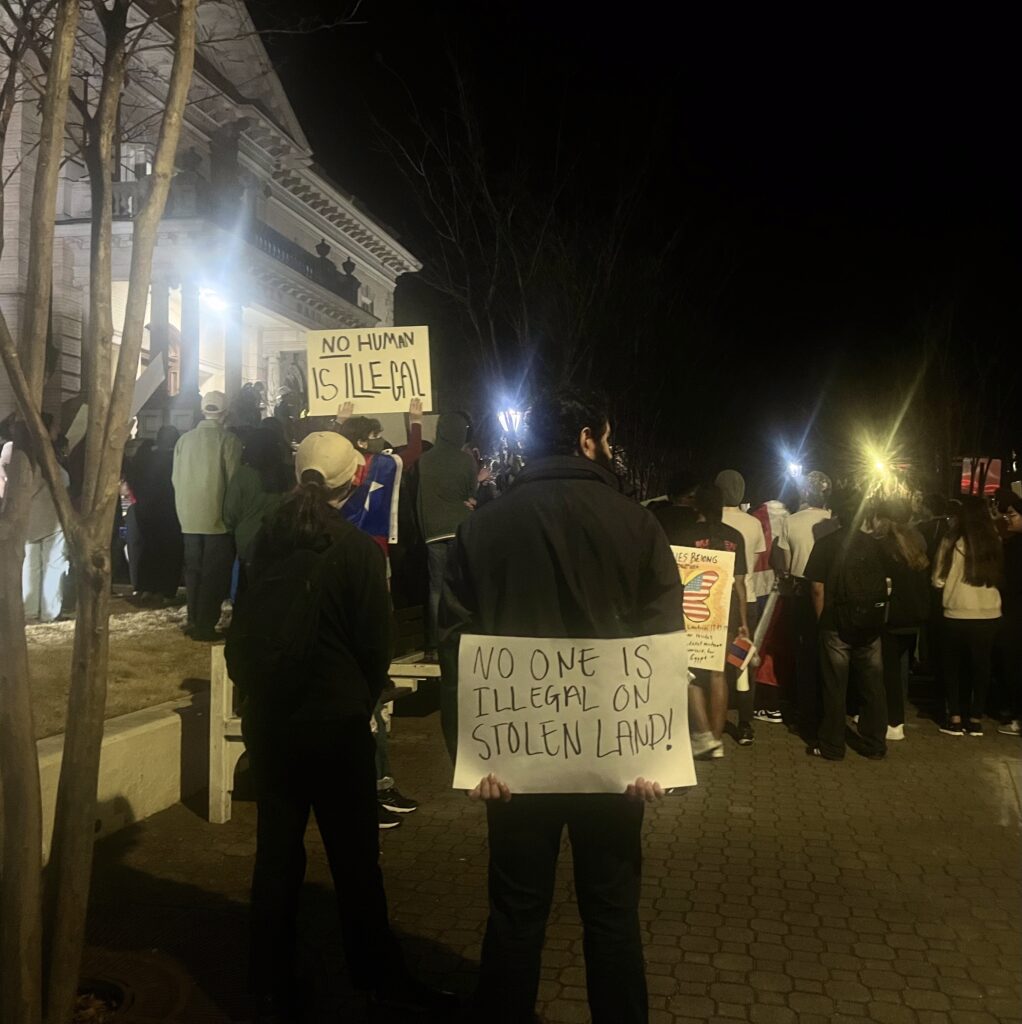
Tragedy Sparks Political Change
The Laken Riley Act, passed on Jan. 29, allows the federal government to mandate the detention of undocumented citizens who have been charged with crimes such as burglary and theft. While those who support the law argue it strengthens security, critics say it creates a scapegoat out of a certain group of the population.
The impact brought about by this policy change was spearheaded after Laken Riley, a UGA nursing student, was murdered by an undocumented immigrant who is now serving a life sentence without parole. This case fueled local and national outrage and prompted Republican leaders and supporters to use the tragedy as political ammunition to push for stricter immigration measures.
I remember when it happened. Tragic situation and I don’t wish it upon anybody, but I just hate how it got turned into such a political thing…,” Reyes said. “I feel like it just perpetuates a racist rhetoric… I think it leads people to just target anybody who looks like they might be undocumented.”
Reyes continued, “we just want to be here and work and provide for our family, but because we look the way that we do, we’re automatically assumed to be a criminal. All of a sudden everyone’s being labeled a murderer, a rapist, a criminal. And that’s just simply not true.”
Policy director at the American Immigration council Nayna Gupta stated, “This bill does nothing to improve safety or fix our broken immigration system… The bill strips people of their basic rights and upends how the U.S. government enforces immigration law.”
Another female Hispanic student at UGA, who wishes to remain anonymous, has spoken about her struggles with the new policies. The student fled from Nicauragua, which is under a dictatorship, to the U.S. in 2019, leaving her family members behind.
Upon receiving documentation, the rest of her family joined her through a program called Humanitarian Parole, which has now been dismantled by Trump meaning those who were using the parole program to reside in the U.S., including her family, no longer have any status protection, making them unable to drive or work.
A Depleting Workforce
The policy change does not only strip families of their stability, but it also removes valuable workers from the labor force.
As per the U.S. Bureau of Labor Statistics, the Hispanic or Latino ethnicity group does have the highest labor force participation rate in Georgia, but there is no direct correlation to income.
“Latinos in Georgia have the highest labor force participation rate, yet we get paid the lowest,” the anonymous source claimed.
The interviewee went on to say, “So all these different narratives are just compiled to continue to perpetrate biased and harmful policies that continue to vilify our community and, as a result, create a perpetual system of poverty. We, the individuals ourselves, Latinos, are not a product of the system, but we are victims.”
When President Trump took office for a second term, he promised to launch “the largest deportation campaign in American history.” His administration began by firing four top officials from the Justice Department’s Executive Office of Immigration Review, the agency that oversees immigration courts in an effort to speed up asylum claims and deportations.
Trump also signed an executive order to end birthright citizenship and upend the lives of American-born children whose parents are facing deportation. The order was blocked by four federal judges in Washington, Maryland, New Hampshire and Massachusetts.
“I think about my friends or my cousins, who have been in this country their whole life, but because their parents might have been undocumented at the time of birth, they’re not citizens. There’s no other home for them,” the anonymous source said.
Trump’s orders also include the banning of app CBP One, which allows migrants to apply for entry into the U.S., leaving over 270,000 people deserted at the border.
The rhetoric and policy changes relating to immigration have shaped national policy and had real consequences for people nationwide including smaller cities such as Athens. In the wake of Laken Riley’s death, the UGA Hispanic community has felt the weight of these conversations throughout their daily lives.
More than 100 individuals signed a letter to UGA President Jere Morehead, calling for support and condemnation of hate speech amid a climate of fear and hostility.
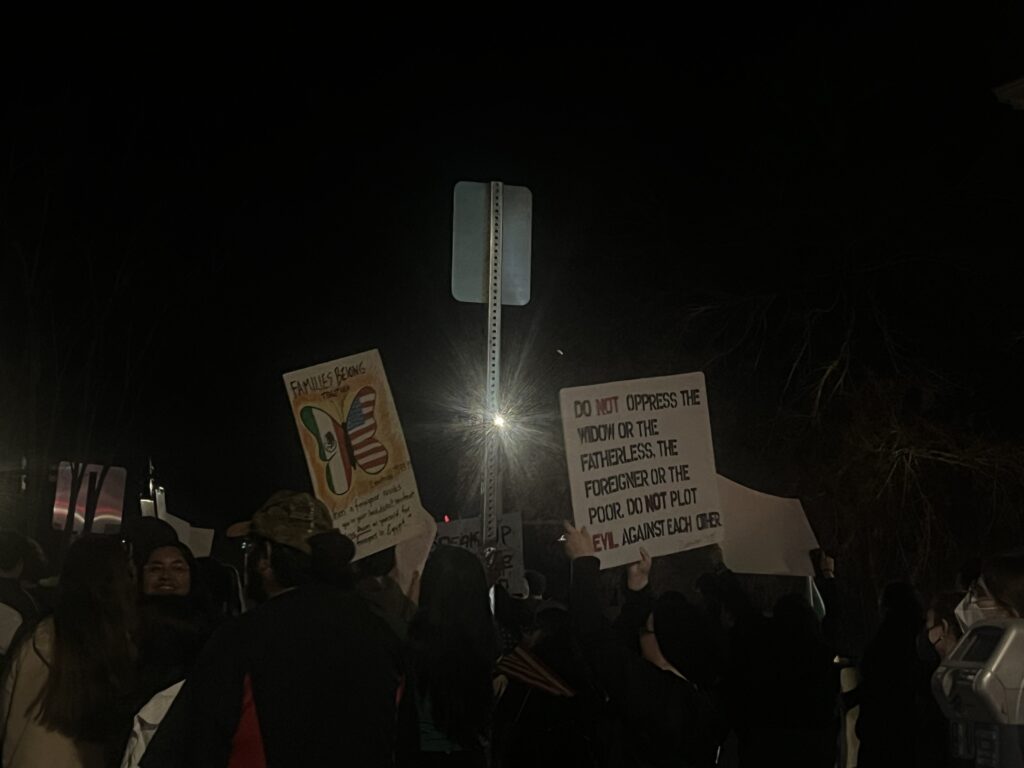
The nationwide “Day Without Immigrants” movement saw protests from Hispanic community members and their supporters throughout the country in Missouri, New York, Oregon, Texas, North Carolina and Oklahoma. All of these protests lobbied against the executive orders on deportation and highlighted the contributions of the Hispanic community.
“We are a pillar of this community. Take a moment to step out of the harmful rhetoric that immigrants are dangerous. Sit down with an immigrant, ask them their story, and try to understand their life,” said the anonymous member of the Hispanic community.

Kate Martinez is a senior majoring in journalism at the University of Georgia.


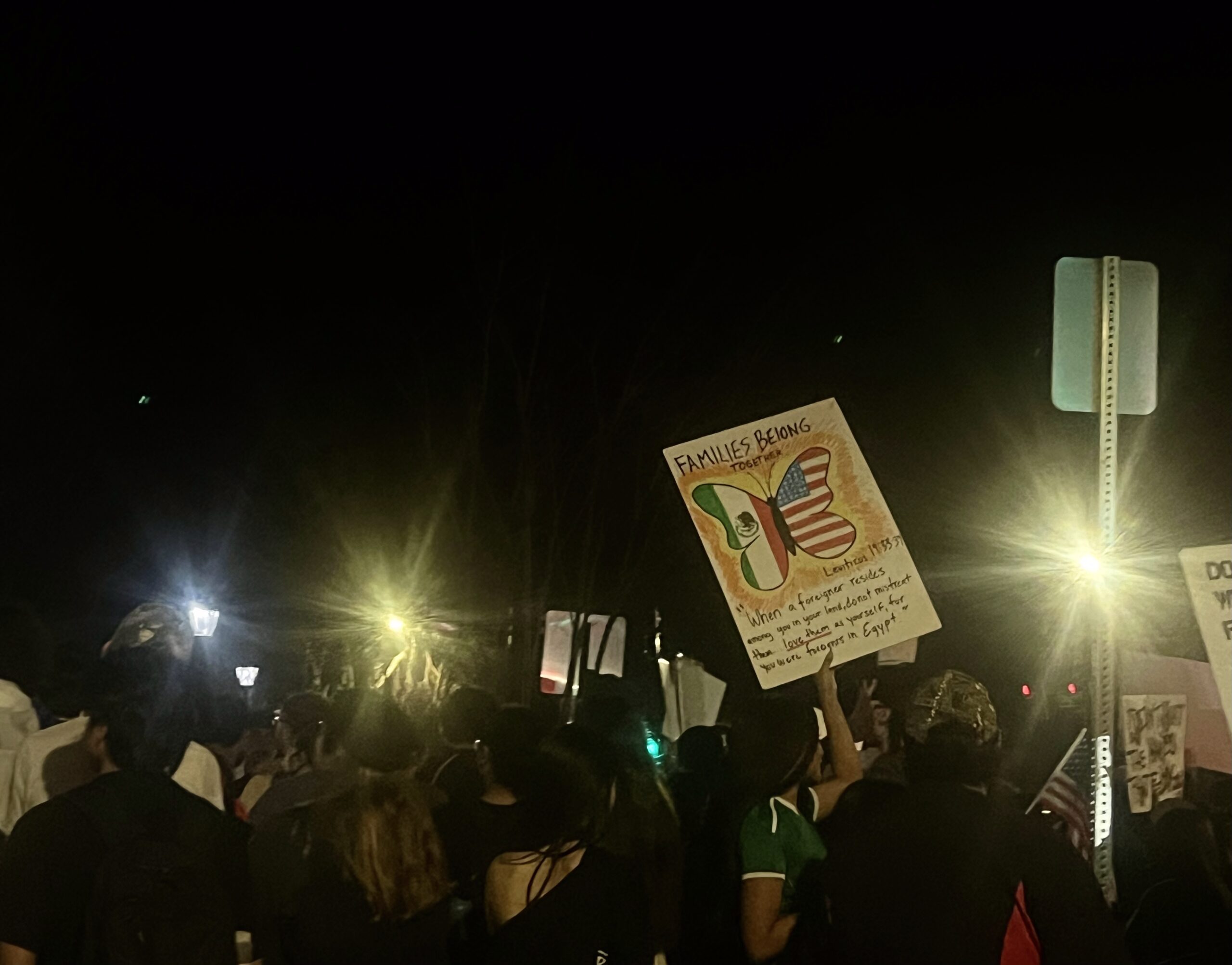
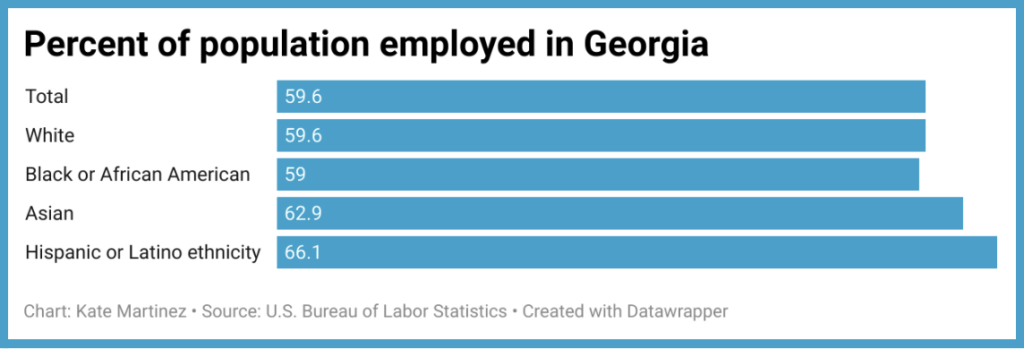




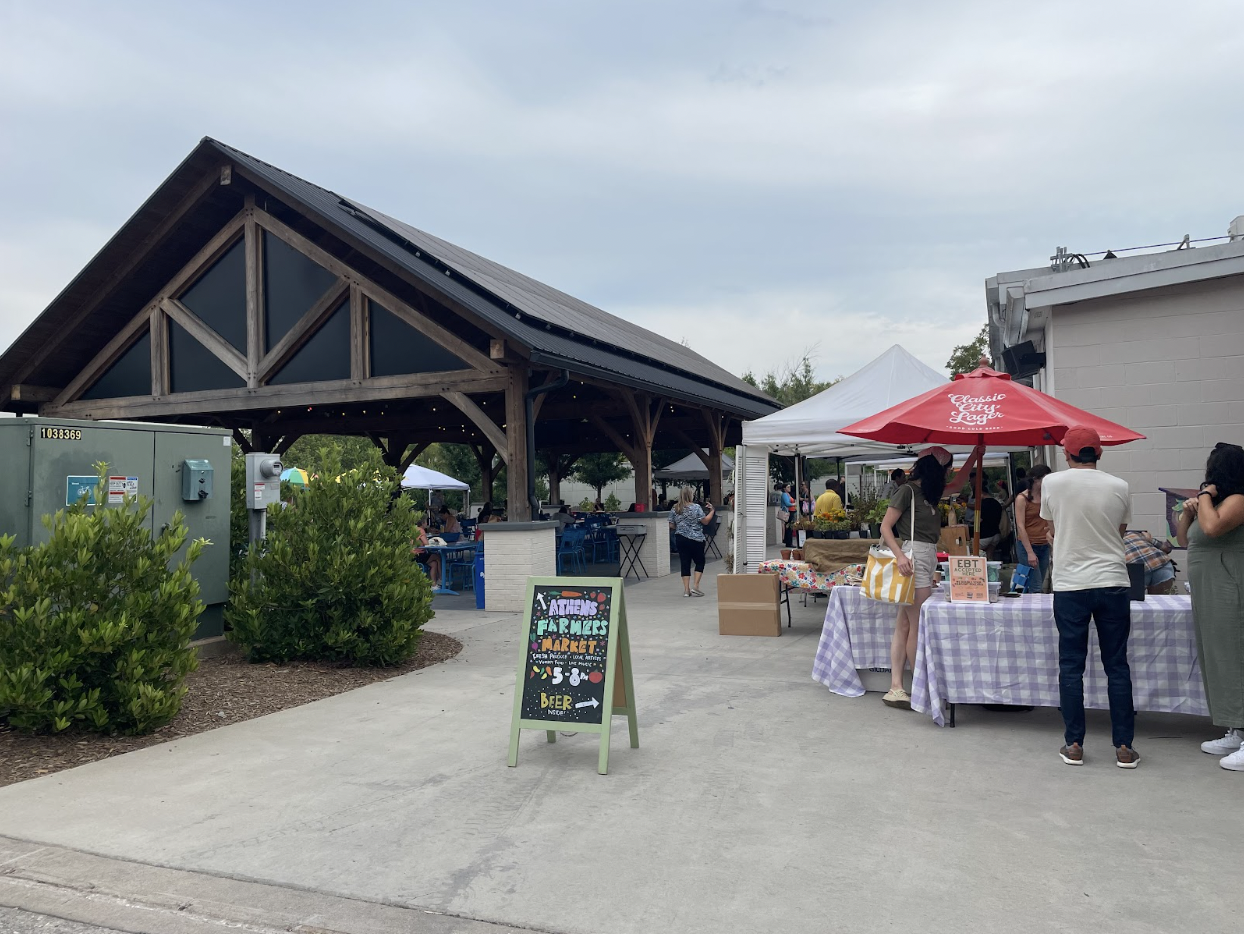

Show Comments (0)